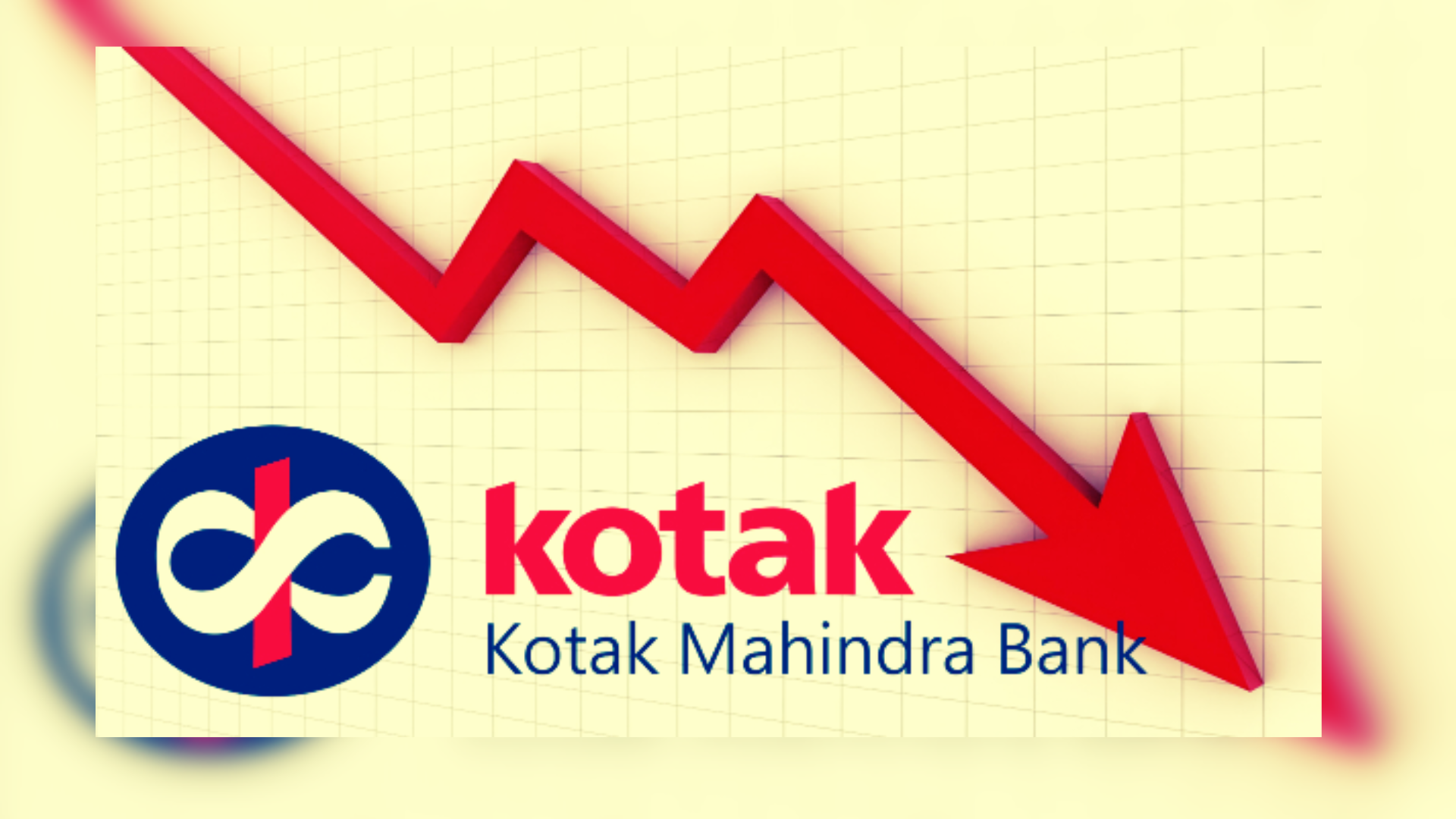










Indian stock indices continued their upward trend on Wednesday, opening marginally higher following gains in the US markets and a slight dip in domestic retail inflation. At 9:30 am, the Sensex stood at 73,802.44 points, showing a rise of 134.48 points or 0.18%, while the Nifty was at 22,343.70 points, up by 8.00 points or 0.036%. Notably, 18 out of the Nifty 50 stocks advanced, with ITC leading the way with a gain of over 5%, while the remaining 32 declined, and Power Grid saw the most significant dip, according to NSE data.
The broader market indices remained close to the all-time highs reached the previous week, driven by strength in various sectoral indices and stable macroeconomic indicators. Last Wednesday, the Sensex surpassed the 74,000 mark for the first time. The recent turnaround in foreign portfolio investor sentiment also contributed to the positive market sentiment, with net buying observed in February and March, totaling Rs 26,358 crore for the latter month, as per data from the National Securities Depository Limited (NSDL).
While retail inflation in India slightly eased to 5.09% in February from the previous month’s 5.10%, it remains above the RBI’s ideal 4% scenario within the 2-6% comfort level. Notably, protein items’ inflation, such as meat and eggs, witnessed a significant increase in February compared to January. A spatial heatmap analysis indicated that Maharashtra and Uttar Pradesh made the most substantial contributions to the current retail inflation reading, as highlighted in an SBI Research report.
The report suggested that the current repo rate of 6.5% appears ideal based on various scenarios, anticipating the possibility of the first rate cut in Q2FY25. The RBI has raised the repo rate by a cumulative 250 basis points since May 2022, using interest rates as a monetary policy instrument to curb inflation by suppressing demand in the economy.









